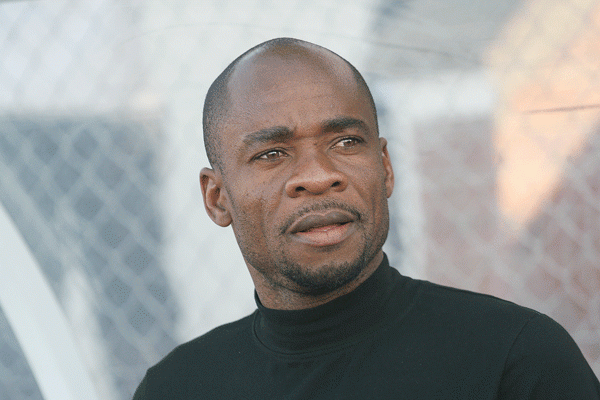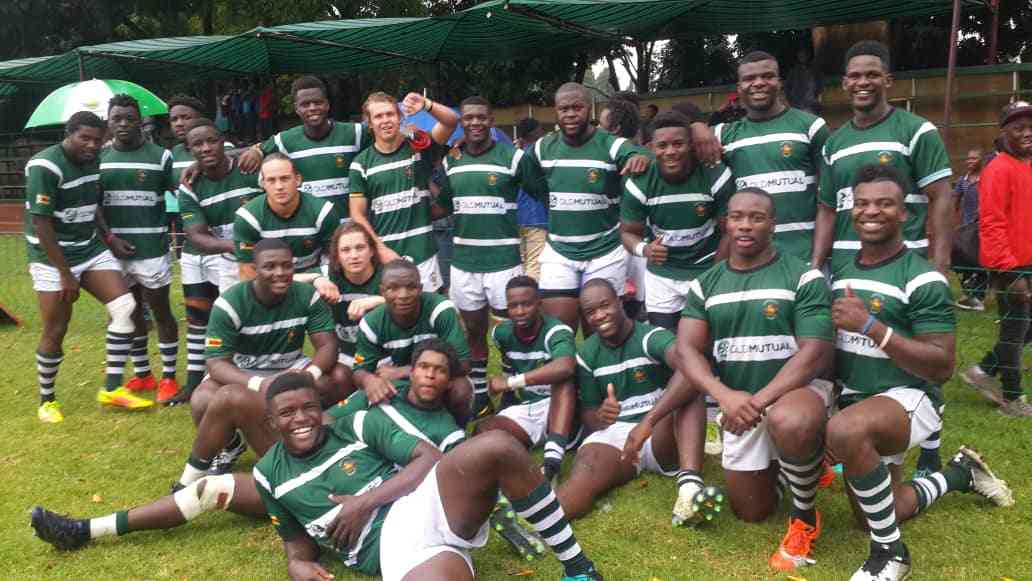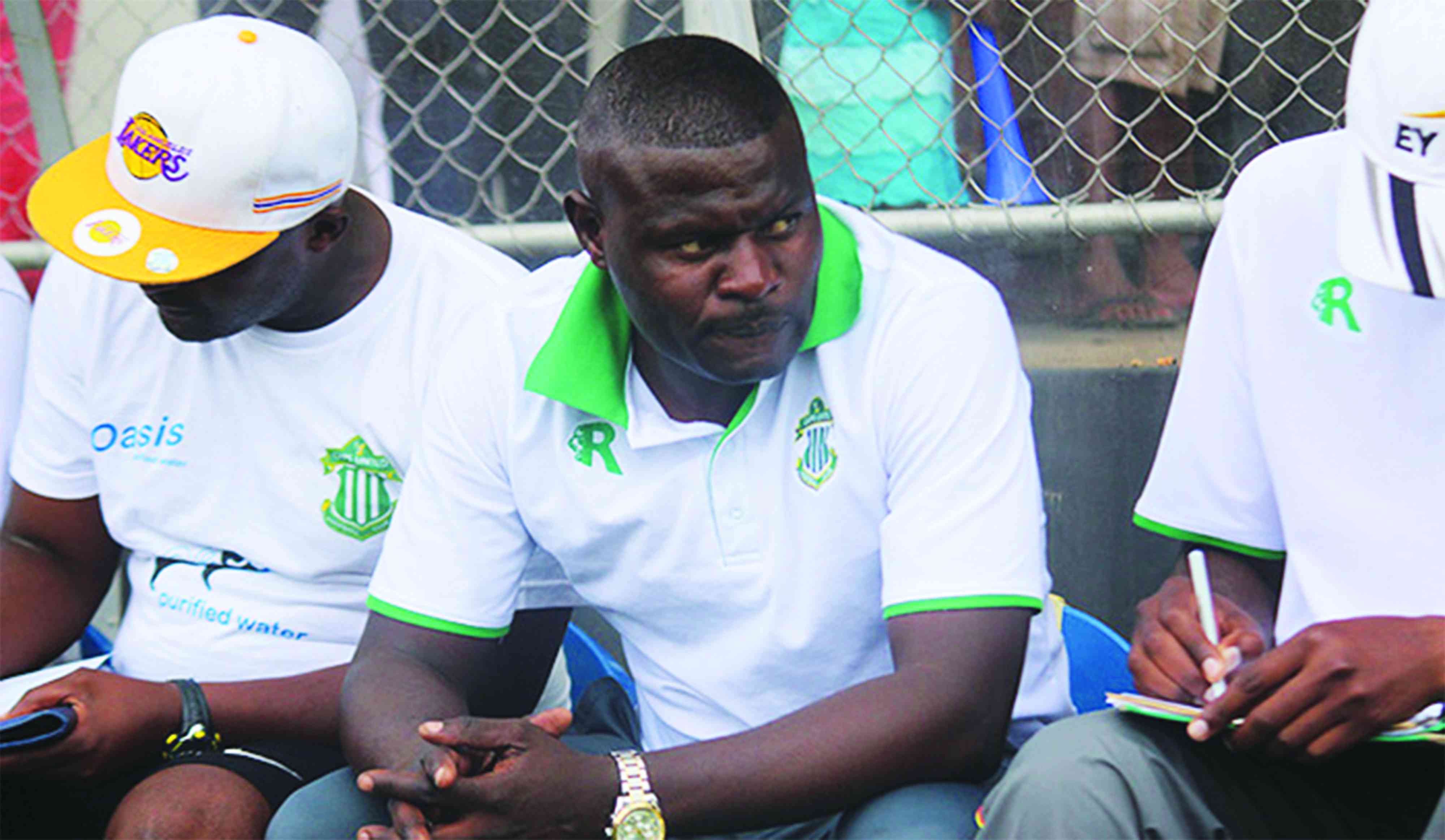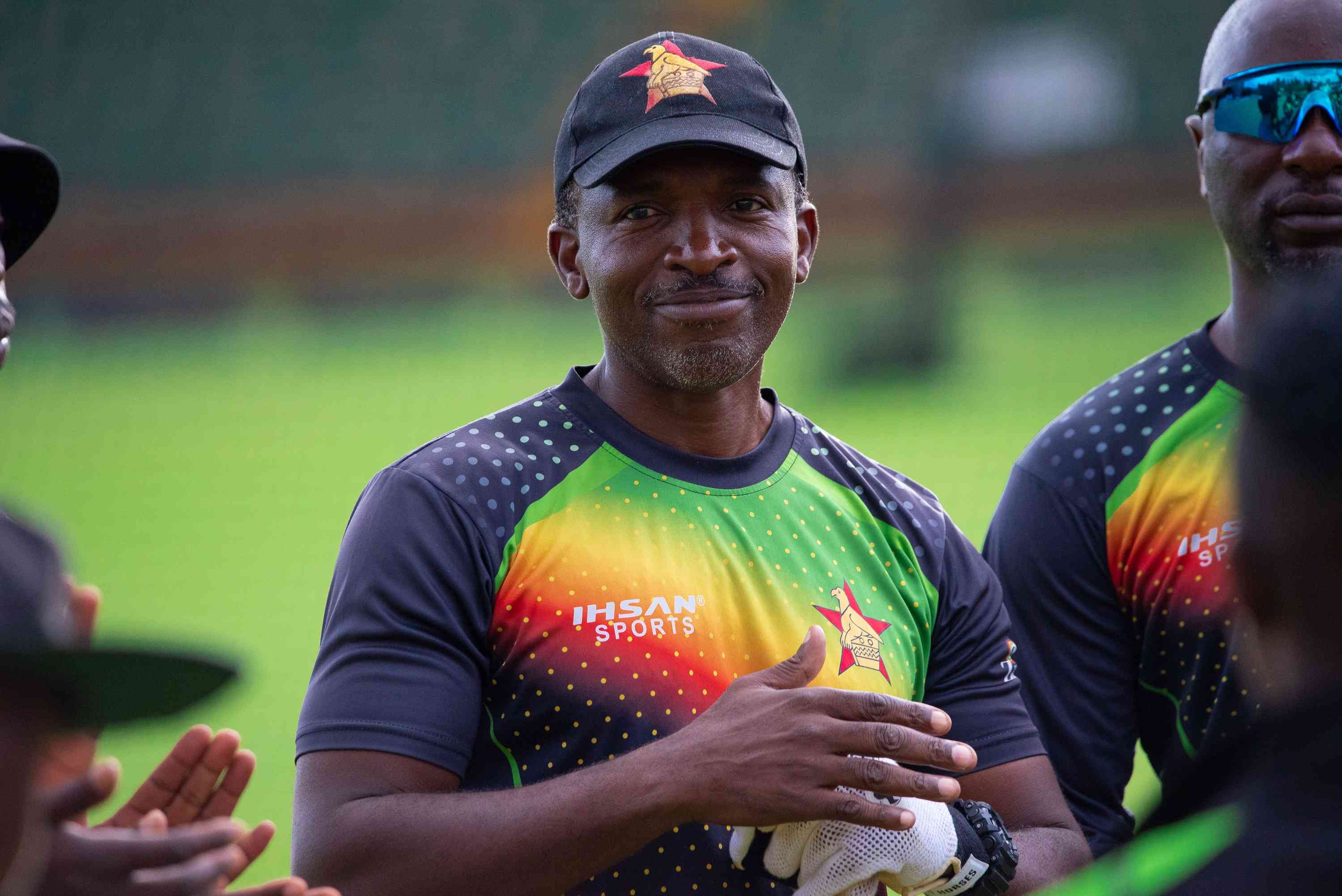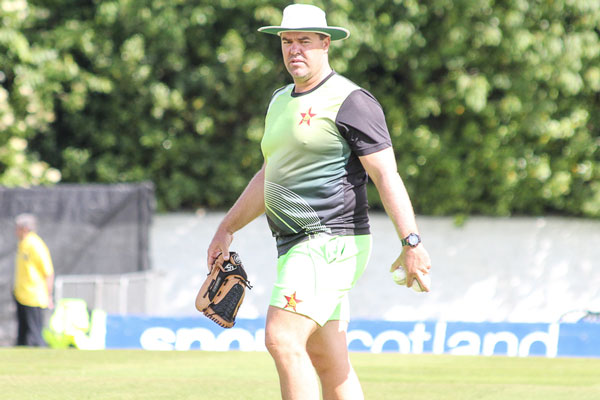
ZIMBABWE national cricket team coach Heath Streak has called for a radical change in the use of the Decision Review System (DRS) after his side put up a gallant fight back to draw the second Test match against West Indies at Queens Sports Club in Bulawayo on Thursday.
BY DANIEL NHAKANISO IN BULAWAYO
Although West Indies won the two-match series 1-0, Zimbabwe drew some positives from their final day performance, as they ended their losing streak in Tests since their victory over Pakistan in 2013.
However, Streak was left frustrated by the limited use of the technology after West Indies skipper Jason Holder enjoyed some fortune, surviving a plumb LBW shout when he was on 11 after Zimbabwe had already used up all their two reviews.
Holder went on to combine with wicketkeeper batsman Shane Dowrich for a record game changing 212 partnership stand, which effectively ended Zimbabwe’s hopes of winning the Test match.
And after conceding that his charges had only themselves to blame for allowing Holder and Dowrich to put on a record partnership after failing to utilise their chances in the field, Streak also felt the limited use of DRS had played an important role in deciding the match’s outcome.
“We pay a lot of money to have those systems in place and I think that people watching on TV can see that incorrect decisions were made,” he said.
“So maybe it’s something that has to be discussed going forward as to how we can best utilise what is in effect a very expensive system. To have more correct decisions out there so that at the end of the day so that the result is a reflection of game and what’s really happened rather than one or two guys getting away with a decision because the other team has lost reviews.”
- Chamisa under fire over US$120K donation
- Mavhunga puts DeMbare into Chibuku quarterfinals
- Pension funds bet on Cabora Bassa oilfields
- Councils defy govt fire tender directive
Keep Reading
Streak suggested that given the enormous cost of hiring the technology teams should be allowed more reviews instead of the current system where a team is allowed only two unsuccessful reviews for the entire innings.
Zimbabwe Cricket reportedly had to dig deep into their limited finances to use the technology, having borne the brunt of a catalogue of poor umpiring decisions in the past.
“If you’re gonna spend that much money, four or five DRS (reviews should be used) and if they’re necessary to be able to use them to get the correct decision, I don’t see any reason when they should be limited to two (per innings),”Streak said.
West Indies coach Stuart Law, although reluctant, was equally critical of DRS after his team’s push for victory was thwarted by some questionable umpiring decisions on the final day.
“I probably can’t comment on that because I’ll get into big trouble,” Law said when asked about the DRS.
“It costs a lot of money to set up the cameras and have the technology available to us. To only be able to use it for two incorrect appeals, I think, is ludicrous considering that you had $400 000 worth of machinery around and you can’t use it. To me, that doesn’t quite make sense. But we’ve got to be smarter and understand that we do only have two reviews.
“From my understanding, the technology has been incorporated to stop the absolute howler. Umpires are human and they make mistakes, we all do. But it’s there to stop the howler and if there are decisions where you feel you’ve been hard done and you’re not able to use it, I think it’s something that must be looked at.”
DRS only made its long-awaited debut in Zimbabwe during their second Test against Sri Lanka in November last year, as the cost of hiring the technology had previously made it prohibitive.
The DRS requires a form of ball-tracking technology as well as slow-motion cameras and either HotSpot or Snicko.
It also requires a specialist third umpire to be arranged with the International Cricket Councial (ICC).
Zimbabwe captain Graeme Cremer, who ironically benefited from a couple of poor umpiring decisions on the final day, concurred with his coach, as he felt the game could have taken an entirely different course had it not been for the Holder incident.
“The Test match could have been a lot different if Holder got out .We could have mopped the tail a lot quicker and if we batted again, we could have gone a long way ahead in the match and definitely, we could have bowled again, which could have been an exciting finish to the Test match. But it’s one of those things, it can happen . . . and I think both teams used their reviews system quite poorly actually but it’s one of those things,” he said.



